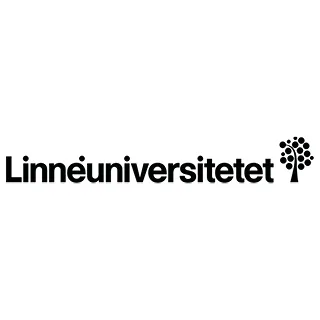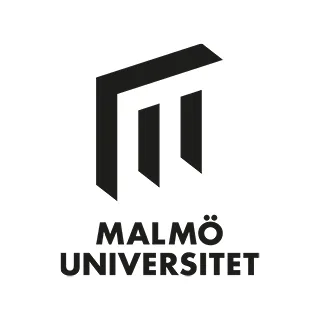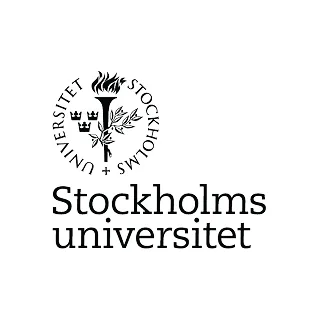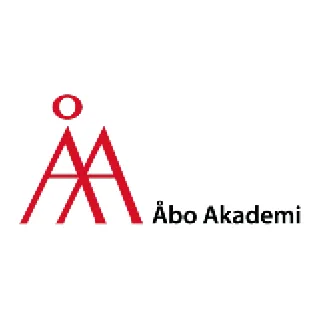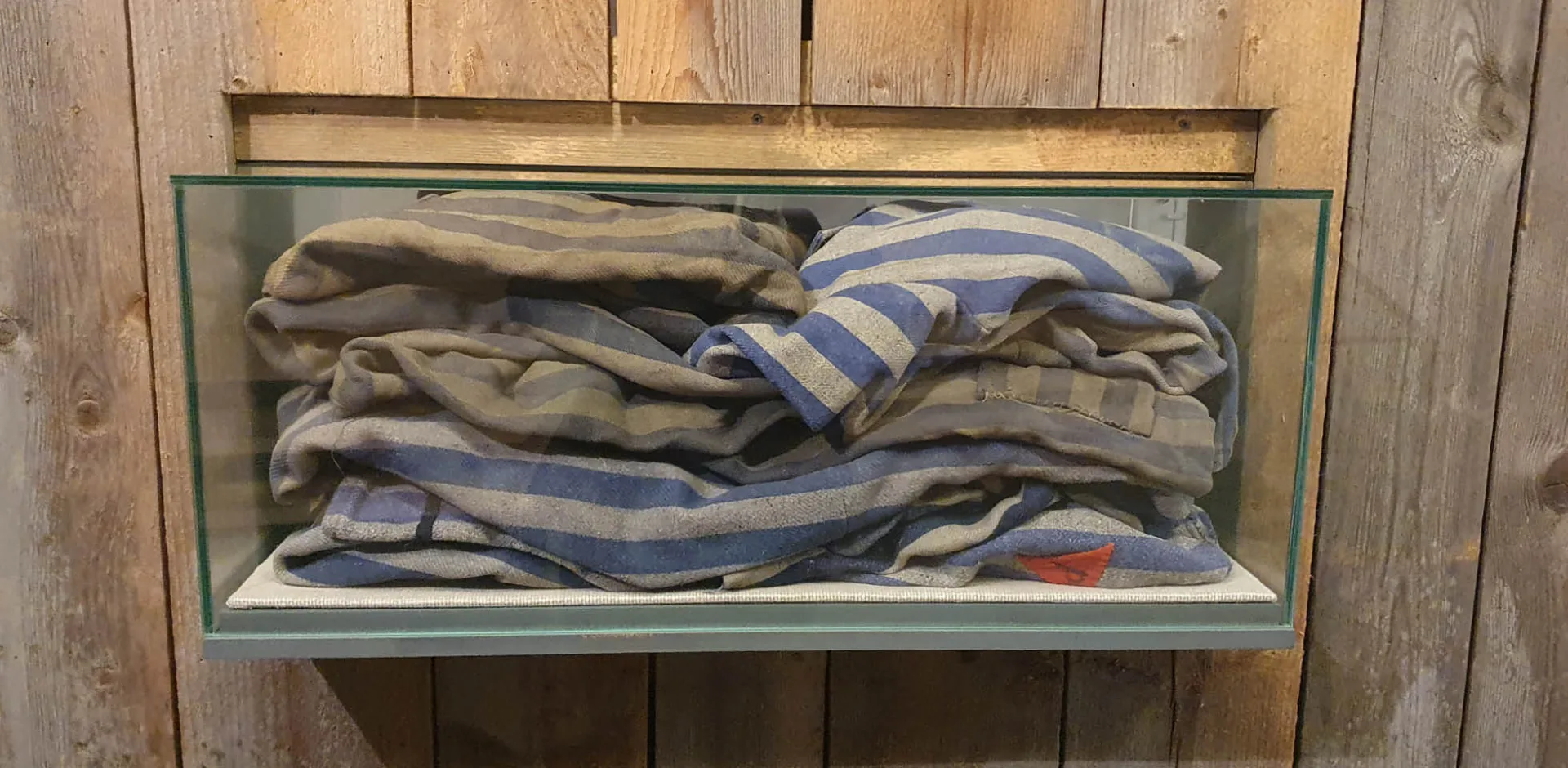Collecting the Holocaust: Ethics, Memory, and Materiality offers cultural heritage sector professionals and scholars from various disciplines an opportunity to explore the assembly of material and immaterial, human and non-human agents involved in collecting and managing materials related to the Holocaust and to engage in discussions about ethics, methodological challenges, and political dimensions of Holocaust heritage.
Important dates and information
- Call for papers is closed.
- Registration is now open for attendees without conference papers! The conference is primarily aimed at researchers and professionals in the galleries, museum, library, and archival (GLAM) sector, but is also open to others with a special interest in the field. NOTE: Registration is required – spaces are limited. Register here!
Conference Fee (includes lunch):
- University researchers: Senior – 1000 SEK | PhD students – 500 SEK (+ tax)
- GLAM professionals and private individuals: 500 SEK (+ tax)
Theme of the Conference
The Holocaust's shifting and competing meanings in contemporary society highlight the importance of discussing ethical and sustainable methods for collecting, curating, and presenting Holocaust memories and underline the challenges associated with ensuring responsible accessibility and use of these materials to the public and researchers. The conference addresses the ethical implications of collecting and curating materials related to the Holocaust for museums and other heritage institutions. It will focus on three thematic topics:
- The Ethics of Curating Holocaust Materiality
- Methodological Challenges in Collecting the Holocaust
- Political Dimensions of Holocaust Heritage
Keynote speakers
- Dr Rebecca Jinks, is a historian of modern genocide and humanitarianism at Royal Holloway, University of London. She approaches genocide and its aftermath from a social and cultural historical angle, and is interested in the experiences and actions of ordinary people (within the context of state violence or humanitarian operations), in gender histories, and in how we can use photographs and non-standard sources to gain deeper or different insights into historical processes and events. Her recent AHRC-funded project, ‘Genocidal Captivity: (Re)telling the Stories of Armenian and Yezidi Women Survivors’, explores the experiences and representation of Armenian women during and after the 1915 genocide in the Ottoman empire, and Yezidi women during and after the 2014 genocide by ISIS.
- Dr Christine Schmidt, is the Deputy Director and Head of Research at The Wiener Holocaust Library, London, where she leads on academic partnerships and curates collaborative exhibitions, including ‘Genocidal Captivity: Retelling the Stories of Armenian and Yezidi Women Survivors’ with Rebecca Jinks, among other initiatives and co-curated exhibitions. A social historian of the Holocaust, Schmidt has focused on post-World War II tracing and documentation efforts, gender, migration, and the concentration camp system in Nazi Germany, as well as collaboration and resistance in France and Hungary. She has a particular interest in the ethics of curation and display, trauma-informed heritage practice, and the history of archives.
- Dr Robert M. Ehrenreich, is the Director of Academic Research and Dissemination at Jack, Joseph and Morton Mandel Center for Advanced Holocaust Studies, United States Holocaust Memorial Museum. His primary research focuses on the material culture of the Holocaust, the transdisciplinary study of the things that people created, hid, obtained, and repaired to provide insights into their lives and this history. He is co-editing a forthcoming book on the subject, Objects of Atrocity: Material Culture and the Challenges of Difficult Histories, and contributing a chapter, “Talisman, Trophy, or Testament: Holocaust-Era Mica from the Theresienstadt Glimmerwerke.” Dr. Ehrenreich is also examining the application of digital humanities methodologies and AI to the future of Holocaust research and memory.
- Dr Erica Lehrer, is a sociocultural anthropologist and curator, presently Professor in the History Department at Concordia, Montreal. She is also Founding Director of the university's Curating and Public Scholarship Lab (CaPSL).Her Research areas are Memory/Heritage/Museums, Jewish-Polish Heritage, Decolonial Museology in East Central Europe. She is also the principal investigator for the international team project, Thinking Through the Museum: A Partnership Approach to Curating Difficult Knowledge in Public.
Keynote Rebecca Jinks and Christine Schmidt
Title: Collecting and Curating Genocide at the Wiener Holocaust Library
In 2024, Rebecca Jinks and Christine Schmidt co-curated an exhibition, Genocidal Captivity: Retelling the Stories of Armenian and Yezidi Women. It was displayed at the Wiener Holocaust Library, one of the oldest institutions that has continuously collected about the Holocaust since the Nazi period. Building on our experience of curating the exhibition and the Library’s long history of collecting, we reflect on the relationship of vulnerable communities to the institutions that work to collect and safeguard their stories. First, we will discuss the methodologies and the ethics of collecting eyewitness accounts, including the Library’s efforts from the 1930s to the 1950s, and Jinks’s approaches to conducting oral histories with Yezidi survivors in 2023. Second, we will address issues of archival access, including how institutions address ongoing vulnerabilities. And third, we will discuss our research and curatorial approaches to issues of voice, authorship, and survivors’ control over how their stories are retold.
Keynote Dr Robert M. Ehrenreich
Information on Robert Ehrenreichs lecture will be published shortly.
Keynote Erica Lehrer
Title: Do We Need to Decolonize Holocaust Museums?
A central issue animating and transforming the museum sector today is the call for decolonizing museums. A movement to illuminate the ways these institutions supported Europe’s overseas colonial projects by framing relations among peoples, (often unethically-sourced) things, and larger worlds in oppressive cultural hierarchies, it also calls on these institutions to redress past violence and reform the ongoing present-day damage done by their legacies. The call to decolonize museums began with Indigenous activists, whose communities have been overwhelmingly hurt by the museum sector’s history and status quo. Museums of mass violence – Holocaust museums, paradigmatic among them – have been largely exempt from decolonial critiques. As products of 20th and 21st-century social justice mandates and often created at the behest of survivor communities, they seem at first glance not to be obvious targets for such scrutiny. Yet, Holocaust museums are not free from entanglements with state power nor from inherited traditions and infrastructures of museum practice with their attendant biases, exclusions, and silences. This talk explores the potential value of decolonial museum theories and practices for Holocaust museums to renew and expand their social justice mandates, with attention to issues such as collections provenance, care, ownership, and restitution; display of human remains; and depictions of diverse victim groups, among other concerns.
Panel discussion: Ethical challenges in Curating the Holocaust
Discussants:
- Dr. James Bulgin. Head of Public History at the Imperial War Museum, London, and former Head of Content for the Imperial War Museum’s Holocaust Galleries.
- Dr. Insa Eschebach. Cultural scientist and visiting scholar at the Institute for Religious Studies, Free University of Berlin. Former Director of the Ravensbrück Memorial Museum.
- Annemiek Gringold. Chief Curator of the National Holocaust Museum/ the Jewish Cultural Quarter in Amsterdam.
- Dr. Katty Hauptman. Director of the Swedish Holocaust Museum. Former Director of the Swedish History Museum and former Chair of ICOM Sweden.
Conference venues and programme
The opening night and inaugural keynote, on November 25, will be held at the newly established Swedish Holocaust Museum, allowing attendees to view its exhibitions. The main part of the Conference on November 26–27 will take place at the Swedish History Museum: Presentations, additional keynotes, panel, and a poster session with invited museum partners of the network project “On Collecting the Holocaust, ethics, museums and materiality”. On the final day, a panel featuring museum professionals and scholars will address the “Challenges of Collecting the Holocaust”. The conference dinner for presenters of papers and posters will be held at the Royal Armory Museum near the royal castle.
The conference is financed by three research projects funded by the Swedish Research Council: “Collecting the Holocaust in Sweden: Collections and Ethics”(Dnr: 2022-06183); “The Ethical Dilemmas of Digitalization: Vulnerability and Holocaust Collections” (Dnr: 2021-01428), and “Swedish Remembrance of the Holocaust. Museums, materiality, and Politics” (Dnr: 2022-02011). Organizers: Britta Z. Geschwind (Swedish Holocaust Museum & Lund University); Markus Idvall (Stockholm University); Liv Nilsson Stutz (Linnaeus University); Fredrik Nilsson (Åbo Academi University) and Malin Thor Tureby (Malmö University).
The complete program will be published here shortly.
Contact
If you have any questions, please contact conference@shm.se
Swedish Holocaust Museum in collaboration with
